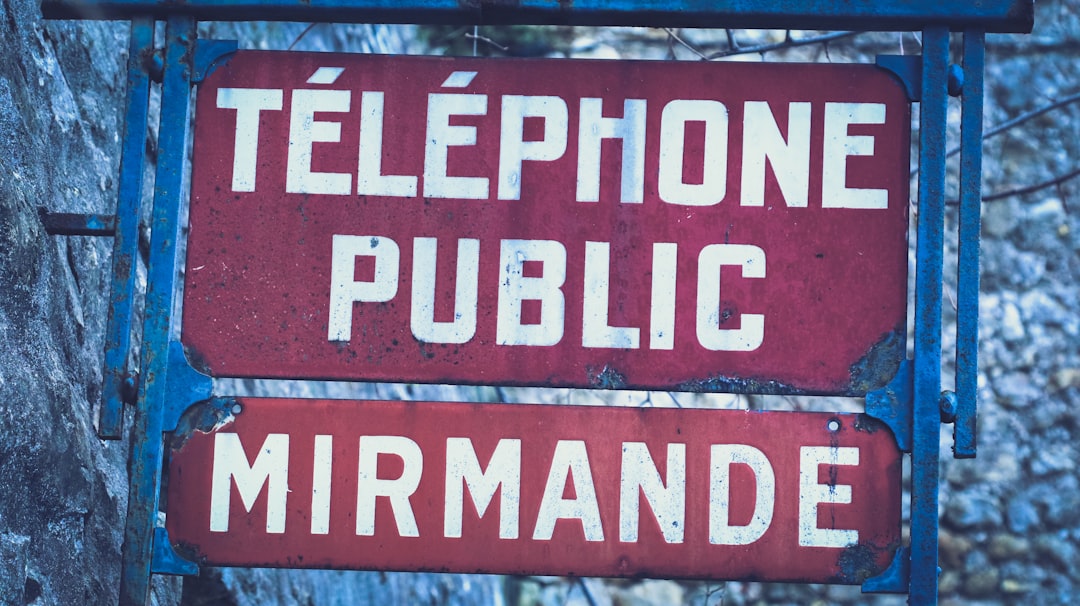Spam texts, or unsolicited text messages promoting products or scams, are a widespread issue in Illinois, where they're regulated by the state's Spam Protection Act (ISPA) to protect consumers. Consumers can file complaints and pursue legal claims against offenders, while businesses must obtain explicit consent for commercial messaging. Effective countermeasures include reporting violations, using blocking tools, and registering on the National Do Not Call Registry. To navigate the legal battle, seek an experienced attorney in telecommunications or consumer protection law.
In today’s digital age, Illinois residents are increasingly plagued by unsolicited text spam. Understanding the legal implications of these messages is crucial. This article explores the complexities of spam texts and their legal ramifications under Illinois law. We delve into your available options for fighting back against this nuisance, emphasizing the importance of choosing the right attorney when navigating these legal processes. By understanding your rights and resources, you can take proactive measures to protect yourself from text spam in Illinois.
Understanding Spam Texts and Their Legal Implications in Illinois

Spam texts, or unsolicited text messages, have become a pervasive issue in modern communication. In Illinois, as in many other states, these messages often promote various products, services, or even scams, and they can be legally regulated to protect consumers from unwanted intrusion and deception. The Illinois spam laws aim to provide individuals with recourse against persistent or abusive text messaging campaigns.
Understanding the legal implications of spam texts is crucial for both consumers and businesses. Under Illinois law, sending bulk text messages without proper consent or an opt-out mechanism can lead to significant penalties. Consumers who receive these unwanted messages may have legal standing to take action, filing complaints with regulatory bodies or pursuing legal claims against the offenders. This ensures that individuals are not only protected from intrusive messaging but also have a means to hold senders accountable for any associated harm or financial loss.
Your Options: Fighting Back Against Text Spam in IL

If you’re receiving unwanted text messages in Illinois, you have several legal options available to fight back against spam texts. The first step is to understand your rights under the Illinois Spam Protection Act (ISPA). This law prohibits businesses and individuals from sending unsolicited text messages for commercial purposes unless you have given explicit consent. You can report these spam texts to the Attorney General’s office, which has a dedicated division for investigating violations of the ISPA.
Additionally, many mobile phone carriers offer tools and services to help block spam calls and texts. You can also register your number on the National Do Not Call Registry, which will prevent most telemarketers from contacting you via text or voice. Taking these proactive measures can significantly reduce the volume of unwanted messages you receive, providing some measure of relief from the nuisance of text spam.
Navigating the Legal Process: How to Choose an Attorney for Spam Text Cases in Illinois

Navigating the legal process to combat spam texts can be daunting, but choosing the right attorney in Illinois is a crucial step. When dealing with spam text cases, it’s essential to find a lawyer who specialises in telecommunications law or has extensive experience in consumer protection litigation. Look for attorneys who have a proven track record of successfully representing clients in similar cases, as this indicates their expertise and understanding of the Illinois spam texts laws.
Researching potential lawyers’ backgrounds, reviewing client testimonials, and consulting with them to discuss your case’s specifics are great ways to make an informed decision. Ensure the attorney you choose has the resources and dedication to thoroughly investigate your claim, communicate effectively, and represent your interests throughout the legal process.






